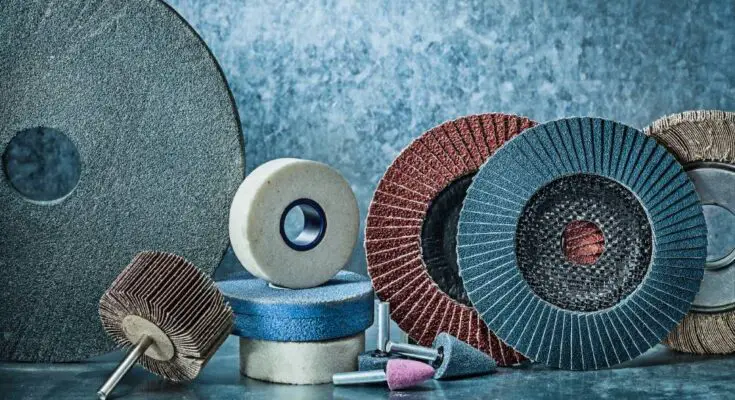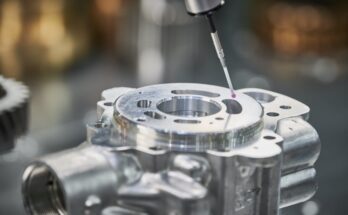Working with abrasives is essential to many industries, from metal to woodworking. However, to get the best results and ensure workplace safety, you must avoid common errors that can compromise the effectiveness of your work and put you at risk. Review these five mistakes you should avoid when working with abrasives so that you and your employees can stay safe and productive.
Not Teaching Employees To Use Abrasives
One of the most critical mistakes companies make is not providing adequate employee training on using abrasives. Without sufficient knowledge and skills, workers are more likely to misuse these tools, leading to suboptimal results and increased wear and tear on equipment.
Moreover, improper use can pose significant safety risks, as it can lead to accidents and injuries. Ensuring that all employees receive comprehensive training can mitigate these risks, enhance productivity, and extend the lifespan of the abrasive tools.
Neglecting To Wear Protective Gear
Another mistake you should avoid when working with abrasives is neglecting to wear protective gear. Safety should always be a priority, and one way to stay safe is by putting on safety glasses to keep debris out of your eyes.
You can also put on gloves to avoid cuts and abrasions, while a dust mask or respirator will prevent inhalation of harmful particles. Ignoring this essential safety measure can have long-term health consequences for you and your employees, so always prioritize protective gear.
Ignoring the Need for a Safety Guard
Safety guards provide a barrier between you and the abrasive tool, reducing the risk of accidents. Ignoring or removing the safety guard is dangerous and exposes you to potential injuries. Whether using a bench grinder, an angle grinder, or any other abrasive tool, ensure the safety guard is in place and functioning correctly.
Not Maintaining Your Tools
Over time, abrasive tools can wear down or become clogged with debris, leading to decreased performance and increased risk of accidents. Clean your tools after each use to remove any material buildup and examine them for damage.
This will also help ensure that your tools last longer. For example, a good way to extend the life of an electroplated diamond wheel is to provide it with this care. Otherwise, you may find yourself shopping for a replacement.
Pushing Too Hard on the Abrasive
Applying excessive pressure when using an abrasive tool is a common mistake that can lead to poor results and damage your tool. Pushing too hard generates excessive heat, which can cause the abrasive to break down more quickly and may result in burn marks on the material. Use light, steady pressure to achieve the best results without hurting your tools or the material.
Working with abrasives requires careful attention to detail and adherence to safety protocols. Stay informed, and take the necessary precautions to get the most use out of your abrasive tools.



